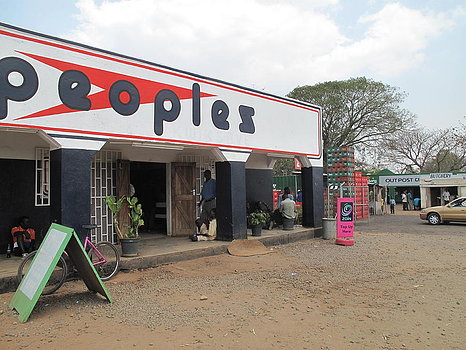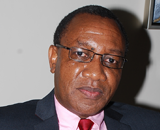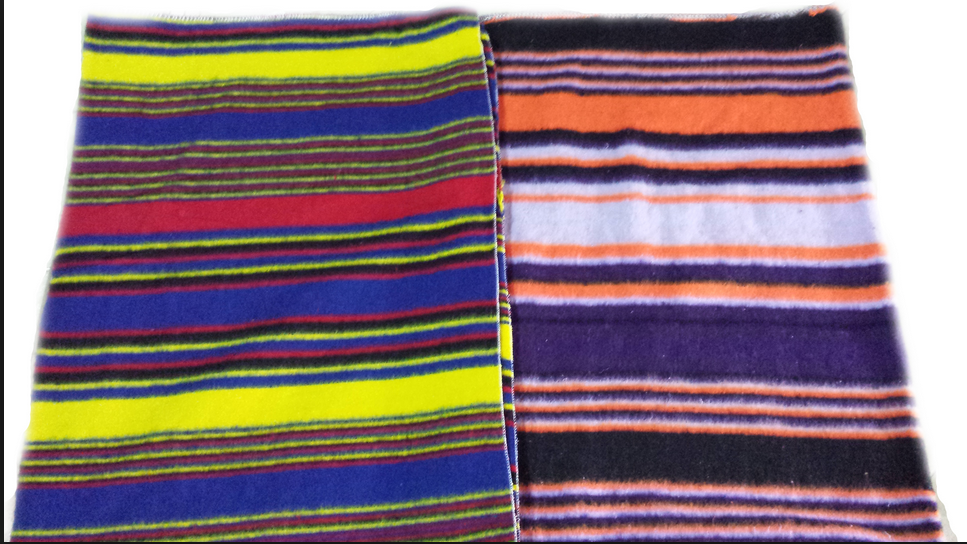Financial market analysts have expressed worry over the country’s thin forex reserves, currently at less than one month of import cover with the tobacco selling season closed.
Normally, forex levels are high at the end of tobacco selling season which facilitates easy importation of farm inputs such as fertiliser.
According to Alliance Capital Limited as at July 27 official gross reserves were recorded at US$85 million, up from the previous week’s US$75 million, which is against the IMF recommended of three months of import cover of US$385 million.
The company’s Chief Executive Officer Chikavu Nyirenda said although the figure was still low there was an upward movement of the reserves.
“For the first time, literary in ages, our reserves have actually gone up. Official gross reserves as at 27 July, 2012 were recorded at US$85 million, up from last week’s US$75 million, still representing less than one month’s import cover against the internationally recommended figure of 3 months.
“This is good news and we hope to see further improvements as donor and bilateral assistance inflows resume. The IMF nod to a new programme and the recent visit to Malawi by the US Secretary of State, Hillary Clinton, and the pledges made by her should help to galvanise our benefactors into action as the country is no longer a pariah state,” said Nyirenda.
The trend of forex reserves this year shows that even during the peak period to tobacco sales, import cover remained below the three months mark.
Information from the Tobacco Control Commission (TCC) shows that realisation for this season which is at US$176.87 million is 40 percent below last year’s realisation at US$293.12 million.
On April 27 the country only had US$125 million in official reserves, May 18 it was at US$187 million and on June 22 US$230 million. This was against an estimated backlog of US$1 billion in foreign exchange commitments.
Financial Market Dealers Association (Fimda) said the status-quo is worrisome but understandable since the country had to sort out backlog of external payments which were long overdue.
Fimda President Lusekelo Kaoloka said it would be hard for the market to make projections of how operations of the oncoming lean period would be like.
“What I can only say for now is that indeed, it is an unexpected outcome that at the end of the tobacco season, the forex reserves should be below one month.
“But this is understandable because it is indicative of the fact that demand for foreign exchange may have outstripped supply as there had been outstanding external payments which had to be serviced hence the reason why the figure are showing to be lower than expected,” said Kaoloka.
Tobacco sales volume for the 2012 season are 66 percent lower than the 2011 season at 79.45 million kgs compared to 236.79 million kgs but with impressively high prices at an average of US$2.23 per kg compared to US$1.04 per kg in the 2011 season.
The analysts described the 2010 season as a good year which fetched US$410.60 million at an average price of about US$1.92 per kg.




